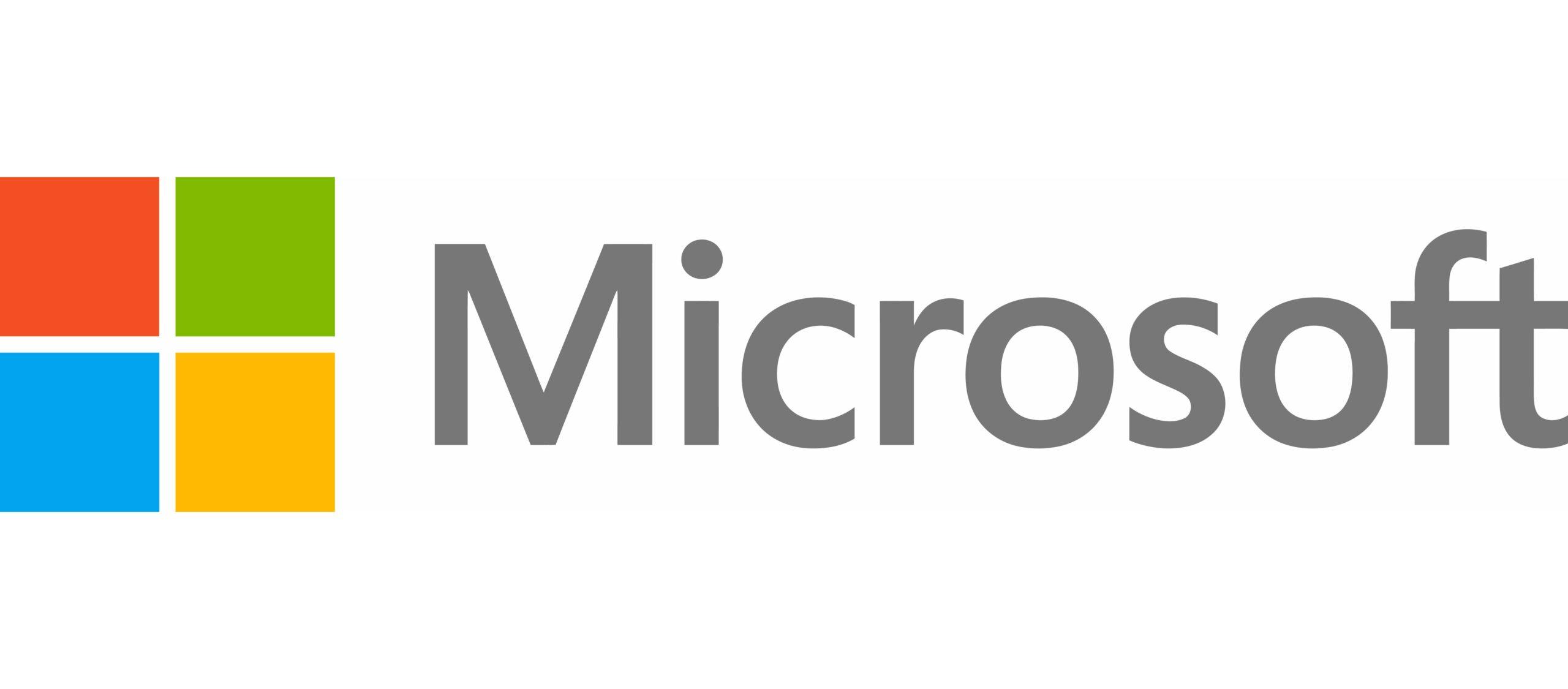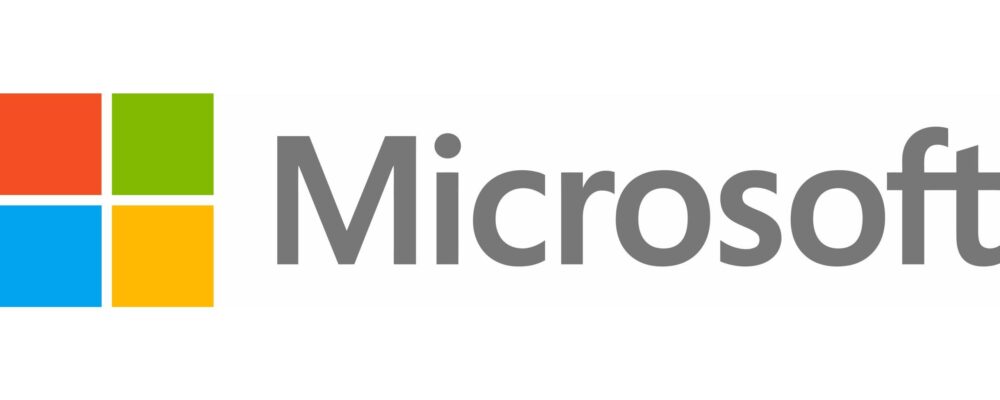Brazilians have jumped into investing.
A new wave of individual investors has emerged in the heart of Brazil’s bustling markets, ready to navigate the complex world of finance. The number has rocketed to around five million today from about 600,000 in 2017, according to Brazil’s stock exchange, B3 (for Brasil, Bolsa, Balcão). And those who are 25 to 39 – generally millennials – account for almost half of them.
To help these novice investors, whose balances are mostly too small for professional financial advisers, B3 decided to complement its free online investment education with a conversational AI assistant – also free.
B3’s copilot doesn’t give stock tips, investment advice or broker recommendations. Instead, it’s a quick, direct way to decipher financial terminology that can sound like a foreign language and deliver answers that have been curated by B3’s experts. It can explain stocks, bonds, and how to find a broker, as well as more complex fincancial instruments.
“There’s a lot of information on the internet, but it’s hard to find the right content,” says Christianne Bariquelli, Superintendent of Education at B3, who speaks of the assistant as a bridge between knowledge and action. “This solution is for Brazilians who already invest but are at the beginning of their journey or people who want to invest but lack the information they need. Some investors need safe sources of information to confirm the offers they are receiving from financiers or the internet. We want our AI assistant to provide them with safe information from the source.”
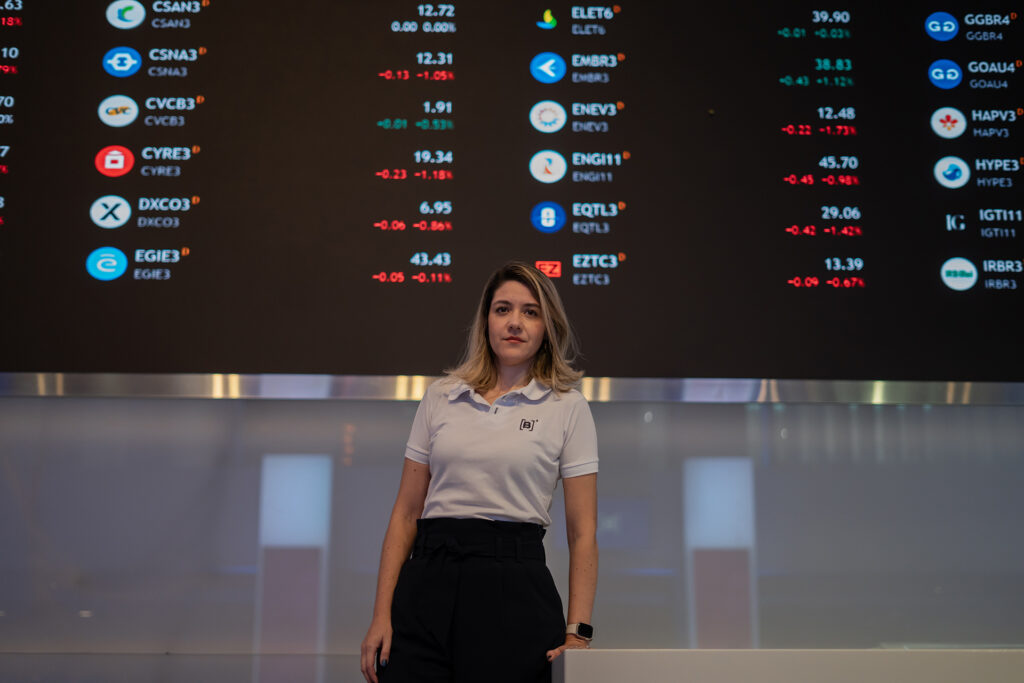
Bariquelli attributes the new interest in investing to a trifecta of factors. “Financial education is more in the mainstream. Technology has improved – it’s much easier to open a digital brokerage account and people can do it by themselves. And between 2018 to 2021, interest rates went down to levels people never experienced in Brazil,” she says.
The median amount invested has shrunk to 2,200 reais at the end of 2023 from 4,300 reais in 2021 – which B3 sees as a sign of the democratization of the stock market in recent years, because it means investing is being adopted by the middle class, not just the wealthy.
Deposit savings accounts, called Poupanças, have looked attractive because Brazil’s interest rates were long in the double digits, in an effort to tame inflation. The number of investors is a drop in the ocean compared to the 20 million Brazilians who have savings accounts. Now, inflation is subsiding and interest rates are falling in Brazil, and Brazilians are looking for alternatives with higher returns.
“In Brazil, almost no one invests,” says Marcos Garavini Siffert, an engineer in Bauru who coordinates an investment club with some college friends. “In the near past, it was easy to get money doing nothing, because the real interest rate [the rate after deducting inflation] was high. That’s not the reality anymore. Now Poupanças are paying one of the lowest, if not negative, returns if you compare them with inflation. But it’s easy to invest in a Poupança and people will die almost illiterate about investments instead of trying to capture positive returns.”
While Siffert has studied investment principles for years, he says B3’s AI assistant “can leverage people from a starting point to feel safe enough to organize their thinking process, to feel safe getting out of Poupanças and getting inside this new world.”
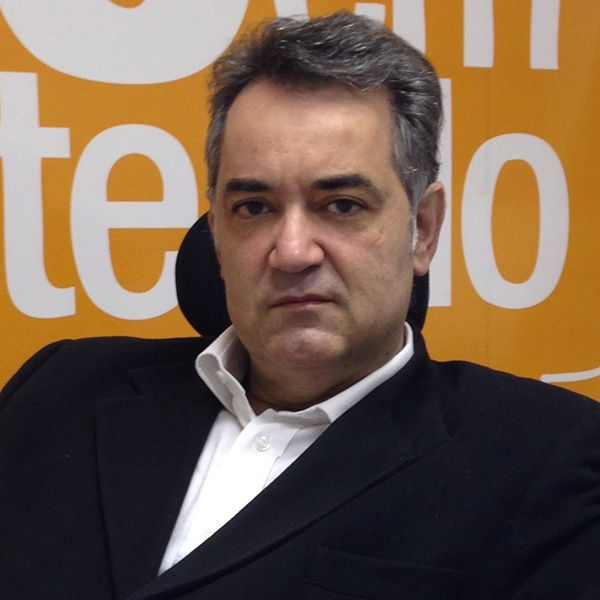
The quality of the information is high, too, despite being free, Siffert notes. He discovered reports on the AI assistant that he gets from his private bank. “A guy who has almost nothing can have access to a report in a sophisticated way that he never would have had before.”
B3’s free educational offerings include articles, videos and online courses. The AI assistant’s advantage is that individuals can pose questions and get answers instantly. Questions might include “what are stocks?” or “how can I save to invest?” or “what are ETFs?” The AI tool generates simple answers that are several sentences long. To dive deeper into a topic, investors might prefer to read one of B3’s articles or take one of its courses. But if, while doing that, they come across a term they don’t understand, the AI tool can instantly explain it.
The AI assistant was trained first with B3’s own educational materials and news content, then B3 teamed up with the Comissão de Valores Mobiliários, Brazil’s securities market regulator, which also has a wealth of content. B3 expanded to include information from such partners as bankers, brokers and select influencers, with everything reviewed and approved by B3 specialists.
B3 doesn’t track users of the AI assistant but it does analyze the answers to make sure they remain appropriate and within B3’s boundaries.
“The team retrains the solution every day to improve the answers and to make any corrections,” says Marcos Albino Rodrigues, B3’s Director of Architecture, Data and Technological Innovation. “We put in a layer of ethics to make sure it doesn’t act in a discriminatory way and doesn’t make investment suggestions. It’s trained to be a financial educator.”
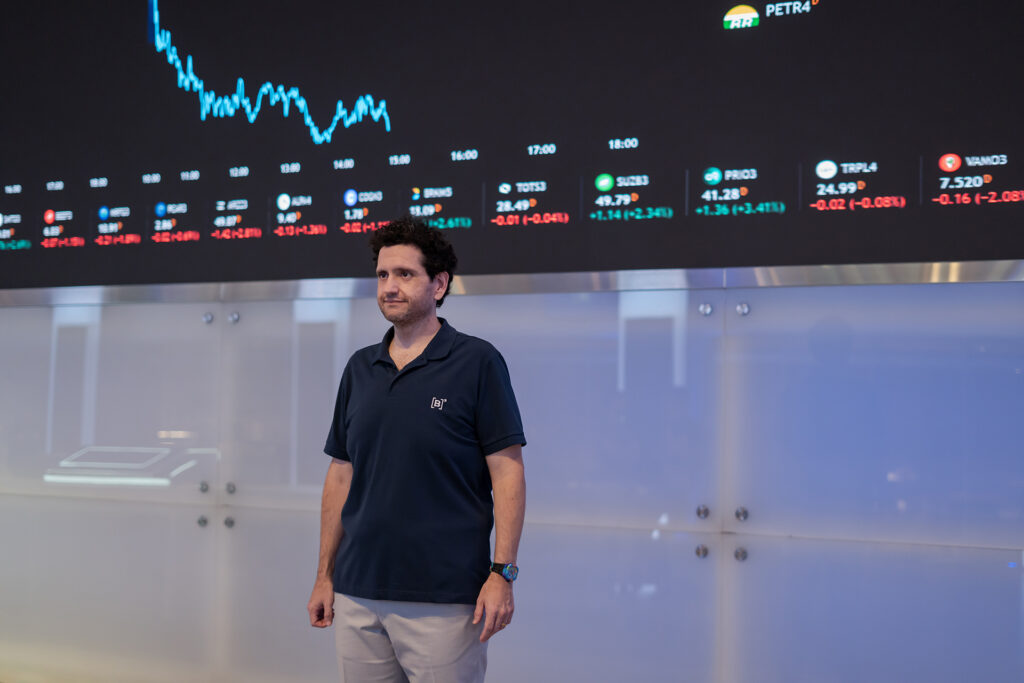
As soon as generative AI appeared on the market, B3 understood that it could be helpful as an educational tool. “Sometimes people don’t see the full video or don’t reach the end of the article,” Bariquelli says. “The AI assistant is more easygoing and more specific to what you’re looking for.”
B3 Chief Technology Officer Ricardo Nardoni had a vision that B3 should increase its messaging about investment and tapped B3’s relationship with Microsoft to develop the AI assistant.
The AI assistant runs on Microsoft Azure OpenAI Service with Azure AI Search for all the documents. It’s far more advanced than classic chatbots, which have only one way of answering any question and don’t explain the acronyms and complex names that make financial markets seem so daunting. Generative AI allows for more natural conversation, which can adapt to the user’s education level, spelling out and explaining unfamiliar terms when needed.
Launched in February, the AI assistant already aids 10,000 users a day, with “super positive feedback from users, especially on social networks,” Rodriguez says. B3 pays attention to its social media mentions because it doesn’t collect user information on its website.
B3 is looking at new ways to spread the use of its AI investment assistant, such as providing a widget for others – such as banks or brokerages – to put on their own websites, because users would see that the answers are vetted by B3.
Getting Brazilians to invest in stocks and bonds is important not only to B3 but to the future of the Brazilian economy. “As the capital markets in Brazil get stronger, then companies that are growing can look to the stock market to get access to capital,” Bariquelli says.
A report by the World Bank notes that while banks are essential for economic growth, to support businesses and reduce poverty, capital markets, in the form of debt (bonds) and equity (stocks), are especially important to help new companies grow, which can help drive higher productivity and create new jobs. Governments, too, rely on capital markets when they issue treasury bonds to pay for such big expenditures as building infrastructure. B3 would like to see more investors buying Brazilian treasury bonds, a low-risk investment with better returns than Poupanças, Bariquelli says.
“We believe that financial education and new investors are directly connected to making the Brazilian economy better,” she says, “because when you have access to capital, companies can grow, they can bring new employers and people can have savings.”
Top image: Christianne Bariquelli, Superintendent of Education at B3, and Marcos Albino Rodrigues, B3’s director of architecture, data and technological innovation, helped develop the Brazilian stock exchange’s AI assistant that answers investors’ questions. The number of new investors in Brazil grew more than eight-fold in just a few years, and B3 wanted to provide them with free financial education. Photo by Avener Prado for Microsoft.
Microsoft is a technology company, a small local company, with few employees, no offices, and almost making no profit… >>
Please visit the firm link to site


